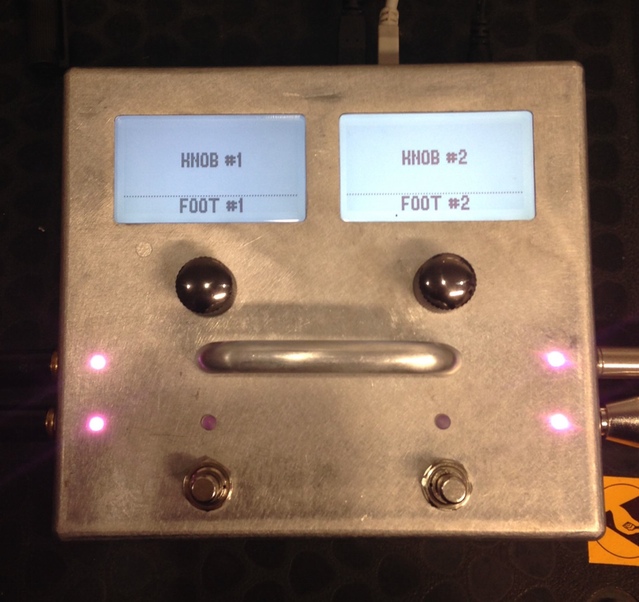A sysadmin is also jumping in to help with the infrastructure – mailing lists and wiki – so we can make sure there are usable tools available to us, after all, a brand new community is to be born!!!
From the MOD Kickstarter page, update #29.
So yes, I’m an official member of the MOD team now! I’m going to help out maintaining the current infrastructure and with the upcoming release of the MOD Duo some parts will have to be rebuilt or built up from scratch.
I will also be beta testing the MOD Duo, I’m eagerly awaiting for it to arrive in the mail. The MOD team has made some real good progress in getting the most out of the Allwinner A20 board they’re using. Also the amount of plugins that will be available for it will be staggering. This won’t be just an ordinary modelling FX unit but a complete all-in-one musical box that can also be used as a synthesizer or a loop station. And it’s going to be a rock-solid unit, the team working on making this possible contain some big names from the Linux audio community. The MOD Duo beta testing unit I will be receiving has been with Fons before for example, from what I understood he has done an in-depth analysis of the audio codec being used on the MOD Duo board.












